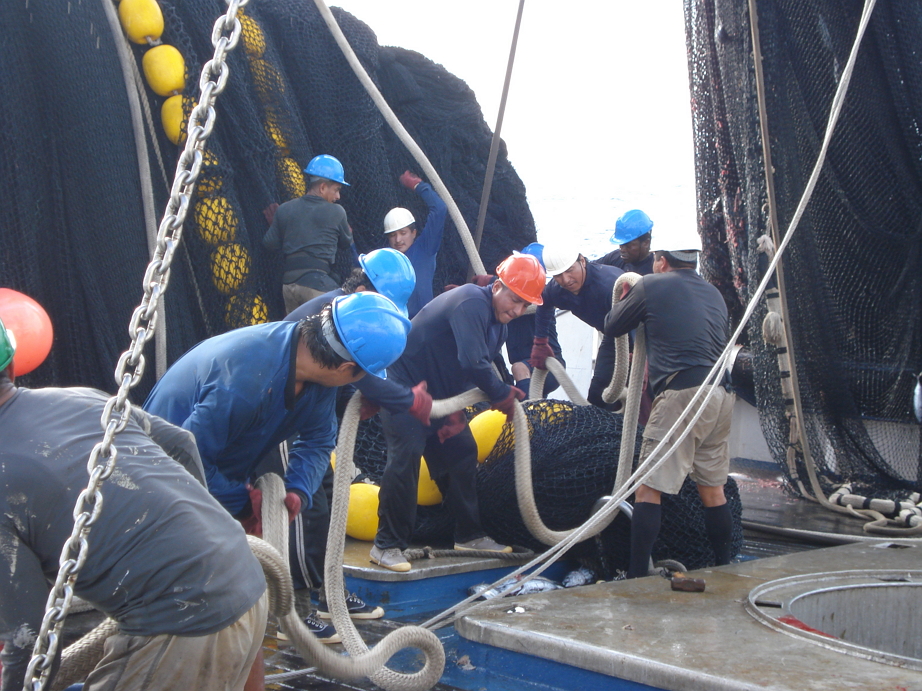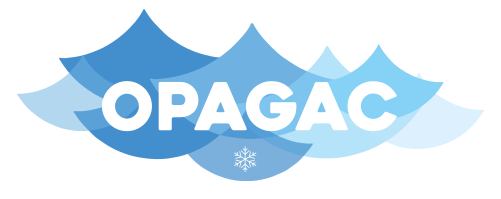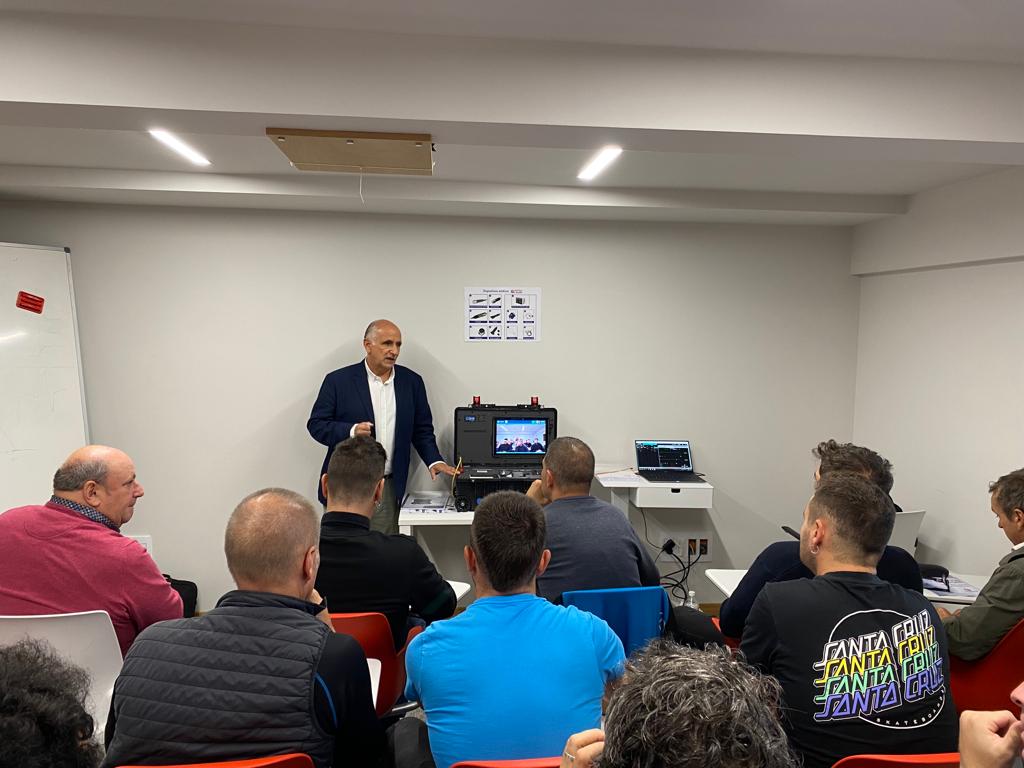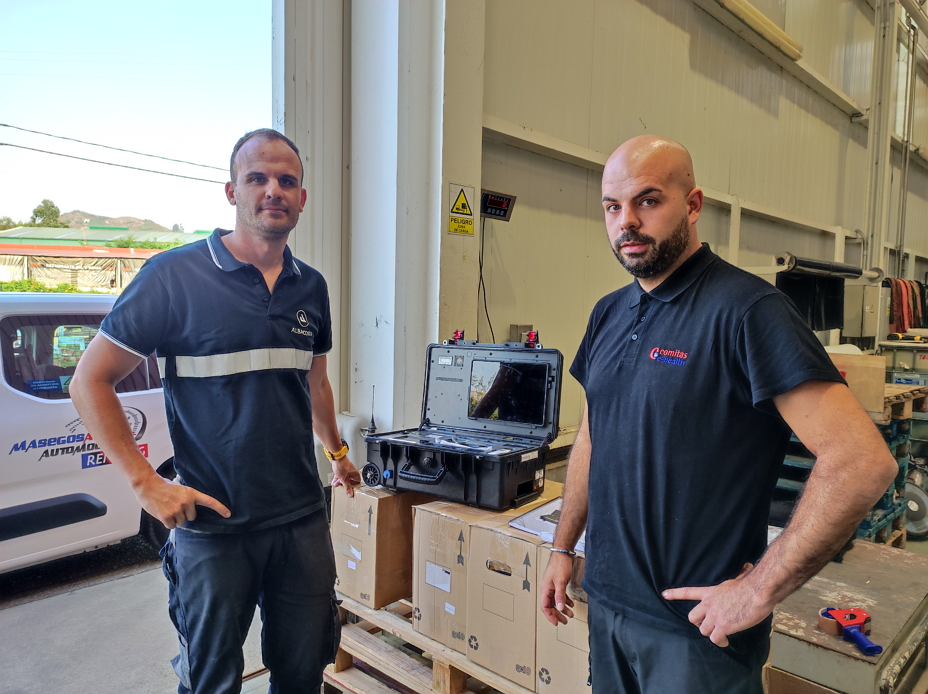
The Spanish tuna fleet, the world’s first fishery with an on-board telemedicine project
The Spanish tuna fleet has become the world’s first fishing fleet to run an on-board telemedicine project[1] for its crews. This initiative, which forms part of the social sustainability policy the fleet pursues under the banner of the Organisation of Associated Producers of Large Tuna Freezers (OPAGAC), is scheduled to take place over the next 20 months in cooperation with the Polytechnic University of Madrid.
The three-phase project will be conducted under real-life working conditions on ten Spanish tuna vessels operating in the Pacific, Atlantic and Indian Oceans, with over 400 crew members on board. Phase one will focus on analysing and studying the kinds of health problems that most often become an issue at sea, to identify the best equipment and medical technologies to install. This study will be conducted by the Polytechnic University of Madrid. Phase two, which will begin next summer, will outfit the participating vessels with what has been found to be the most appropriate equipment, and the third and last phase will involve collecting data and results.
OPAGAC’s intention in this project is to address one of the main challenges facing offshore fleets, good medical attention for any on-board health incidents, and to take advantage of the possibilities made available by cutting-edge technologies like satellite communications and the Internet of Things (IoT).
The fleet’s objective is to furnish its crews with smart, connected medical service and thus strengthen its social sustainability policy, which is one of the most advanced social sustainability policies in the fishing industry worldwide. As OPAGAC, the Spanish tuna fleet recently received Alimentos de España’s Spanish food award for its Responsible Tuna Fishing seal. End consumers can rely on the seal to certify the sustainable origin of the tuna they buy, which is marketed by the leading makers of tinned tuna and prepared tuna.
According to Julio Morón, managing director of OPAGAC, “We look at sustainability from three viewpoints, and in one of them, the social viewpoint, top priority goes to guaranteeing employee wellbeing and safety on board our vessels. This project”, Morón added, “is part and parcel of this philosophy. We want to equip the officers of our vessels with the tools they need to take better decisions if a medical issue crops up, by facilitating communication with healthcare professions on land. Our intention”, Morón said in conclusion, “is to test the project’s feasibility, and, once we’ve verified its efficacy, to transfer that knowledge to other fleets.”
The only seal of its kind in the world
OPAGAC, which has already demonstrated its determination to foster social sustainability in fishing with the worldwide introduction of the Responsibly Fished Tuna seal, has once more blazed a trail of its own in the realm of on-the-job crew protection. The project’s main objective is to try and introduce a connected, smart, comprehensive digital medical service that will reduce accidents and the costs they involve while at the same time improving the crew’s perception of on-board safety.
In 2019 Spanish consumers became the world’s first consumers to get access to tinned tuna bearing the RTF seal as the result of a voluntary initiative by the Spanish tuna fleet. The seal guarantees to distributors and consumers alike that the tuna they are marketing or consuming was caught under the finest environmental, social and labour standards, going even beyond what the law requires. The certificate ensures fishing control, good practices on board ship for responsible fishing, maritime and health control and compliance with workplace safety and social conditions pursuant to International Labour Organization (ILO) Convention 188.
[1] This project was approved by the Spanish Ministry of Agriculture, Fishery and Food under the 2021 Fishing Innovation call of the Government of Spain’s Recovery and Resilience Plan, regulated by Royal Decree 685/2921 and funded with 747,932.60 euros, of which OPAGAC receives 621,794.37 euros, supported by the Next Generation EU fund.




Deja una respuesta
Lo siento, debes estar conectado para publicar un comentario.